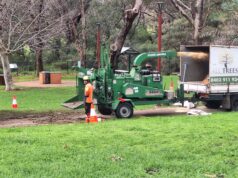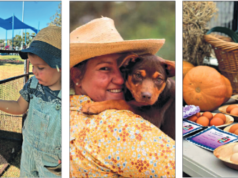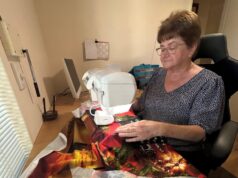
Changes to citizenship laws will hurt the community according to Federal Member for Burt Matt Keogh.
The Turnbull government’s new citizenship legislation was introduced to parliament in earlier this month proposing changes to current the current tests.
If passed migrants will need to have been permanent residency for at least four years before they can apply for citizenship and will need to provide evidence of English language competency.
The proposal also included requirements for new citizens to pledge their allegiance to Australia, its people and values, and grants the immigration minister the power to overrule citizenship applications if they decide it is against the nation’s best interest.
The proposal also includes a test for competency with reading, writing, listening and speaking English and added questions to the citizenship test to assess each applicant’s understanding of and commitment to Australian values.
They will also have to demonstrate how they have integrated into their community.
Mr Keogh said the diversity of the Burt electorate meant the changes would impact many of its residents.
“Burt has some of the largest Indian, Chinese and Arab communities in Western Australia,” he said.
“These changes target permanent residents and prospective citizens from traditionally non-English speaking backgrounds.
“If more people want to pledge loyalty to our country and its laws then I’m all for that.
“I think it’s both ridiculous and dangerous to create a classification of Australians that are permanently allowed to live and work here, but not able to be citizens.”
Mr Keogh said he would work with federal opposition leader Bill Shorton and shadow minister for citizenship and multicultural Australia Tony Burke to fight the government’s proposed changes.
A spokesperson at Minister for Immigration Peter Dutton’s office said changing existing rules like toughening English language tests was an important step to deciding who was and was not suitable for citizenship.
“English language proficiency is essential for economic participation and integration into the Australian community,” they said.
“At present only a basic knowledge of English is required.
“Currently this isn’t assessed through a stand-alone test but indirectly through the multiple-choice citizenship test – which currently has no limit on the number of times it can be failed.”
The spokesperson said it was important new migrants and citizens support the values, democratic beliefs and freedoms of Australia and showed a genuine willingness to integrate into the Australian community.
They said the government would apply exemptions in certain situations, including for applicants over 60-years-old and under 16-years-old or those with an enduring or permanent mental or physical incapacity.













